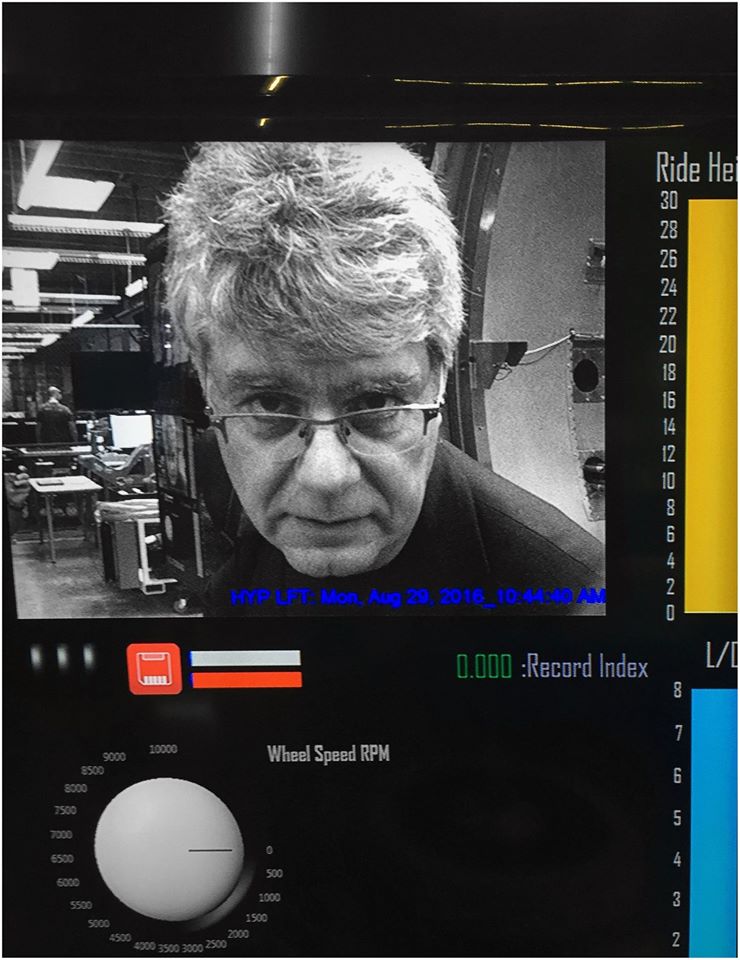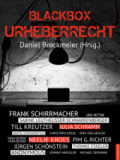Vor zwei Tagen hatte ich hier an jene historische Rede erinnert, mit der John F. Kennedy vom US-Kongress die Unterstützung für das ehrgeizige Projekt erbat, “noch vor dem Ende dieses Jahrzehnts einen Menschen auf dem Mond zu landen und ihn sicher zur Erde zurückzubringen”. Doch wie nun, genau 50 Jahre nach dieser Rede, am Mittwoch (25.5.2011) vom John-F.-Kennedy-Archiv in Boston enthüllt wurde, kamen dem Präsidenten schon knapp zwei Jahre später Zweifel daran, dass dies noch ein attraktives Ziel sein würde. Nicht nur, weil es teuer war und weil teure Projekte im Wahlkampf (Kennedy bereitete sich zu jener Zeit auf die Wahl für 1964 vor) nie gut zu verkaufen sind – vor allem auch, weil sich das Rennen zum Mond längst nicht so aufwühlend, mitreißend und spannend entwickelt hatte, wie es Kennedy in seinen früheren Reden geschildert hatte.
In einem Gespräch mit dem damaligen Nasa-Chef James Webb hatte Kennedy im September 1963 geradezu bedauert, dass die Sowjetunion ihre Vorrangstellung im All offenbar nicht verteidigen wollte:
“I mean if the Russians do some tremendous feat, then it would stimulate interest again, but right now space has lost a lot of its glamour.”
Ich denke, wenn die Russen eine tolle Leistung vollbrächten, dann würde das wieder mehr Interesse wecken, aber jetzt hat der Weltraum erst mal seinen Glanz verloren.
Webb, der noch 1962 gegen das Mondprogramm argumentiert hatte – er hatte es für wenig sinnvoll gehalten, Ressourcen auf solch einen Publicity-Wettlauf zu verschwenden – war inzwischen zum entschlossenen Befürworter des Programms (das natürlich auch sein Budget und damit seinen Einfluss enorm ausgedehnt hatte) geworden. Kennedy hingegen kamen Zweifel, ob ein solches Ziel, das selbst bei einmer Wiederwahl nicht mehr in seiner Amstzeit erreicht werden würde, politisch für ihn nützlich wäre. Im folgenden Dialog argumentiert Webb damit, dass es nicht mehr nur allein um den Mond oder das Weltraumprogramm ginge, sondern auch “um die grundsätzliche Fähigkeit in diesem Land, Wissenschaft und sehr fortgeschrittenen Technologien zu nutzen, um die nationale Macht zu vergrößern”
Kennedy: If I get re-elected, I’m not – we’re not – go to the moon in my – in our period are we?…
Webb: No, no. We’ll have worked to fly by though while you’re President but it’s going to take longer than that. This is a tough job, a real tough job. But I will tell you what will be accomplished while we’re President and it will be one of the most important things that’s been done in this nation. A basic need to use technology for total national power. That’s going to come out of the space program more than any single thing.
Kennedy: What’s that again?
Webb: A basic ability in this nation to use science and very advanced technologies to increase national power – our economy all the way through.
Kennedy: Do you think the lunar, the manned landing on the moon is a good idea?
Webb: Yes sir, I do.
Kennedy: Why?
Because…
Kennedy: Could you do the same with instruments much cheaper?
Webb: No sir, you can’t do the same. (break) While you’re President, this is going to come true in this country. So you’re going to have both science and technology appreciating your leadership in this field. Without a doubt in my mind. And the young of course see this much better than in my generation. The high school seniors and the college freshman are 100% for man looking at three times what he’s never looked at before. He’s looking at the material of the earth, the characteristics of gravity and magnetism and he’s looked at life on earth. And he understands the Universe just looking at those three things. Alright, maybe he’s gonna have, material from the Moon and Mars; he’s going to have already a measurement from Venus about its gravity and its magnetic fields. And if we find some life out beyond Earth, these are going to be finite things in terms of the development of the human intellect. And I predict you are not going to be sorry, no Sir, that you did this.
Foto: Kennedy und John Glenn besichtigen “Friendship 7”, die Mercury-Kapsel, in der Glenn als erster Amerikaner die Erde im Weltall umrundet hatte; von Cecil Stoughton (Fotograf des Weißen Hauses), via John F. Kennedy Presidential Library and Museum, Boston.





Kommentare (2)